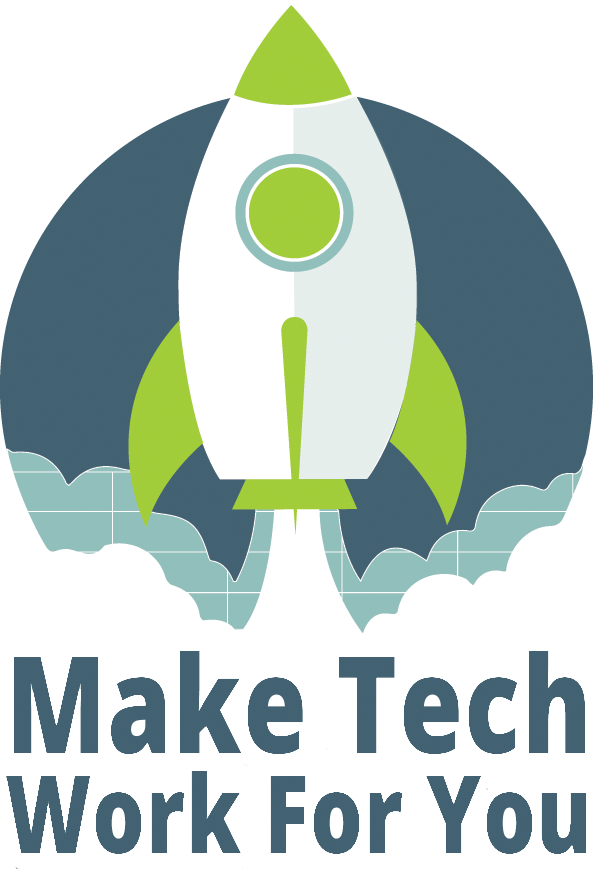What We Depend On
Inspiration for this blog post:
Krista Tippett’s conversation with Sara Hendren on the On Being Podcast
American culture values independence. We have a holiday about gaining independence from Britain; we have capitalistic myths and legends about the singular entrepreneurial geniuses whose names are synonymous with their companies; we laud the young people who are able to move out of their parents’ homes at an early stage (or perhaps more frequently we diminish the young people who stay with their parents for some time into adulthood); we praise and wonder at the autodidacts, the so-called “self-taught” among us; we sing along to countless songs about it - especially independent womanhood (two of my favorites Independent Women and Miss Independent).
In nonprofit data & tech work, the legacy of this celebration of independence comes out in the accidental techie, the solo admin, the power user. It also comes out in the request to “figure it out” on our own - since every piece of technical knowledge is available FOR FREE somewhere on the internet. Just go find a YouTube video, or an online course, or a chat forum, or a support group and get the answers to your questions yourself. And there is truly a lot to celebrate about this independence.
But of course, this “independence” is actually a form of dependence, because in our self-teaching, we are learning from the people who have put their knowledge on the internet in the first place. We are in conversation, often asynchronously, with our community of data & tech users, and we depend on this conversation to learn from each other. Peer learning is a cornerstone of adult learning. Is independence even really a thing?
Some of the earliest advocates of the disabilities rights movement were careful to define what independence meant for them - “it doesn’t mean doing everything for ourselves. It’s not self-sufficiency, but it’s self-determination.” (Sara Hendren, linked above). Since we as humans are dependent on each other in nearly all ways, regardless of our bodily or mental abilities at any given moment, we should be celebrating dependence. We need each other to learn from and to teach.
When we encourage people to “figure it out on their own” or “search for the answers” we want to also be careful to frame this as self-determination. You can “figure it out on your own” by finding a peer or mentor to talk to, or in some cases by hiring a technology coach. These acts of interdependence are part of positive continuous learning culture and positive data & tech culture at nonprofit organizations.
The Learn, Use, Love Gathering is a celebration of interdependence, continuous learning, and data & tech for nonprofits - a day to have space for individual mindfulness and deep work in community with our peers. Learn more and sign up for updates on our website.

